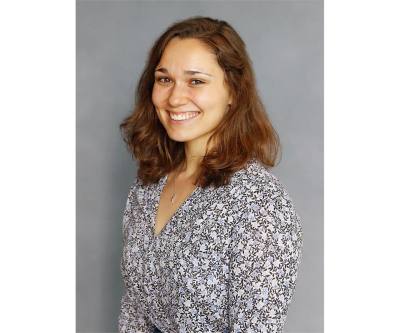During the two-hour workshop, Gaddes said there are three types of exemptions Hutto can adopt: a homestead exemption, an exemption for residents age 65 and older and a disabled persons exemption. Mandated by state law, Hutto already provides exemptions for disabled veterans, with exact cost exemptions determined by the percentage of disability.
A homestead exemption is available to residents who apply for it and is a percentage-based exemption—between 1%-20%—with a minimum requirement of a $5,000 exemption, Gaddes said. An example given is that if Hutto were to adopt a 2% homestead exemption and a resident's home had a taxable value of $200,000, their percentage exempt would amount to $4,000, forcing the minimum requirement of a $5,000 exemption to kick in.
Residents age 65 and older with a homestead would become eligible for an exemption upon turning 65. Hutto ISD currently provides relief for senior residents in the form of a tax freeze, and Gaddes said residents age 65 and older who are currently eligible for an exemption would not have to reapply for a city-based exemption should one be passed.
Disabled persons exemptions, Gaddes said, are available to anyone who receives Social Security benefits for a qualifying disability. Gaddes also added that if a resident disabled and 65 or older, they would not be able to receive both a senior and disabled persons exemption and could only apply for one.
While qualifying residents cannot apply for both senior and disabled persons exemptions, a homestead exemption can be paired with either a senior tax exemption or disabled persons one, should council decide to adopt multiple exemptions. Gaddes said that the city of Hutto currently has 5,616 properties with homestead exemptions applied to them from other taxing entities.
One of the central discussions held by council Feb. 27 regarded the differentiation between a flat rate tax exemption and a tax freeze, or ceiling. A tax ceiling, Gaddes said, functions such that once a resident turns 65, the amount in property taxes the eligible resident had paid would now be the maximum amount they would ever owe through property taxes. Following the freeze, if the rate results in a lower property tax amount, Gaddes said residents would pay the lower number.
In subsequent years, if the property tax rate increases above the resident's ceiling, they would still pay the same frozen amount from the year they turned 65. The only major exception to that rule, Gaddes said, is if a resident were to have improvements done to their homestead—the addition of a pool being an example—they would then have that new taxable value assessed and the resulting amount added to their ceiling. Gaddes added that if a qualifying resident were to move to a new homestead, their previous frozen amount would not transfer over to the new property.
For homestead exemptions, Gaddes said there are survivor spouse exemptions available for residents under age 65 whose partners age 65 or older have passed. On the appraisal district's homestead exemption application is a clause for a survivor spouse exemption, Gaddes said, with the sole caveat being that the surviving spouse must be 55 or older.
Council Member Mike Snyder asked Gaddes if it would be possible to grandfather Hutto's senior residents into an exemption system where they pay the rate from the year they had turned 65, but Gaddes responded that that was not possible.
In response to a question from Council Member Scott Rose on which exemption would be the easiest for the city to administer and anticipate its impact on the city's budgeting process, Gaddes said a flat rate is the most predictable, given its effect on city finances is calculated by multiplying the flat rate fee by the number of exempted homes.
Council Member Tanner Rose asked if a ceiling implemented applied to both the maintenance and operations portion of the property tax, which is responsible for the city's general fund, and the interest and sinking, or debt, rate. Gaddes confirmed that the freeze would be across the board for the entirety of the property tax rate adopted.
If Hutto adopts both a homestead exemption and a tax ceiling, the county tax office would apply the exemption reduction first before calculated the resident's ceiling. Should council pursue an exemption, the exemption must be submitted to the tax assessor's office by July 1 in order to be applied in time for the fiscal year 2020-21 budget and tax rate.
Following council deliberation, council requested an agenda item be included for discussion and a potential vote on a potential senior tax and homestead exemption at council's March 5 meeting.





